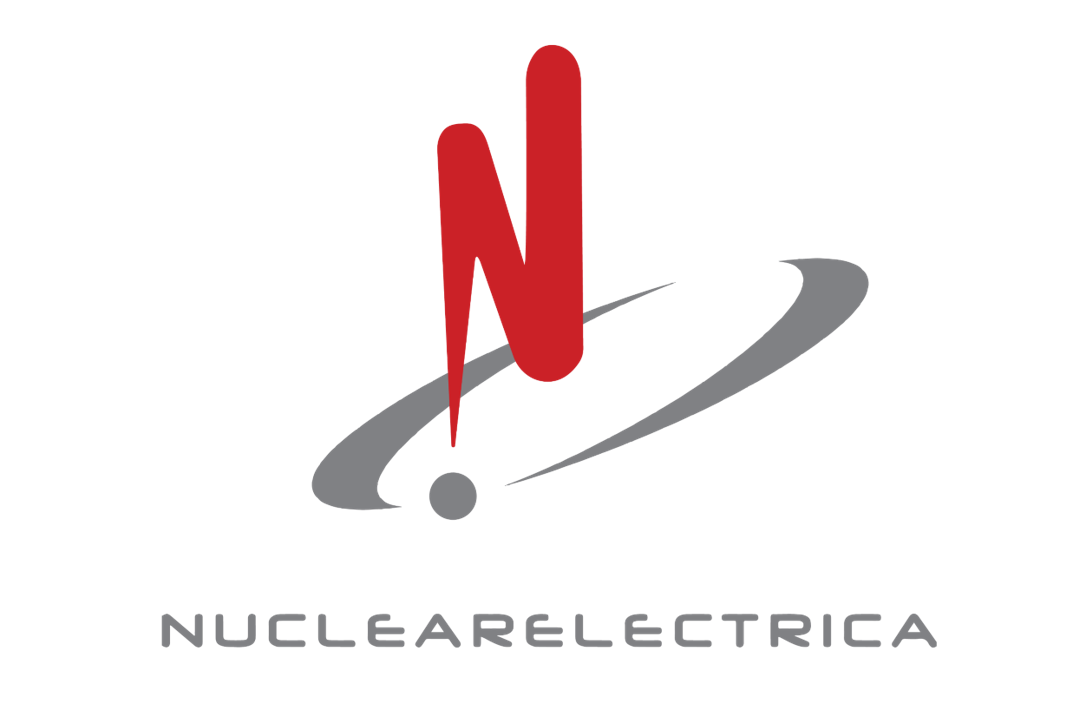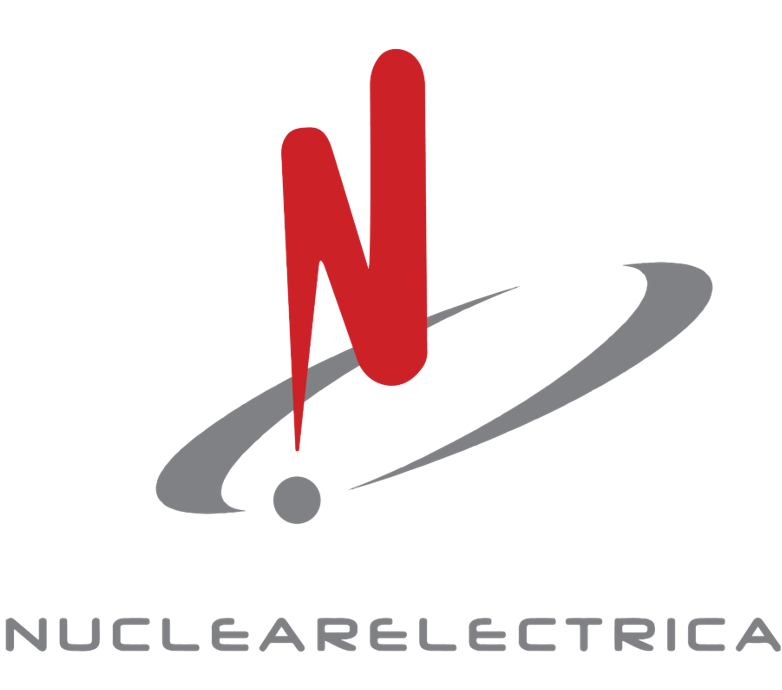
Medical isotope project
The medical isotopes project
Nuclearelectrica launched a strategic project for the development and production of medical isotopes at the Cernavodă nuclear power plant, an essential project in supporting the health industry and combating diseases such as cancer. This endeavor involves partnerships with renowned international companies, such as Laurentis Energy Partners , a subsidiary of Ontario Power Generation, and Framatome , to bring innovations in the production of radioisotopes used in advanced medical treatments.
Project objectives
The project aims to produce medical isotopes, such as Lutetium-177 , used for oncological treatments. The unique design of CANDU reactors allows the production of isotopes without affecting the production of electricity, which makes the Cernavodă plant an ideal location for this type of activity. The radioisotopes produced will be used both in therapeutic treatments and in diagnostic medical imaging.
International Collaborations
- Laurentis Energy Partners : It has a consolidated presence in Romania and offers expertise in the production of nuclear isotopes, having already been successful in the production of molybdenum-99, helium-3, cobalt-60 and tritium in other nuclear power plants. Laurentis and Nuclearelectrica will collaborate to expand this production at Cernavodă, with plans to develop Romania’s infrastructure and capacity to become a regional center for medical isotopes.
- Framatome : The partnership with Framatome will support the production of Lutetium-177, a radioisotope used to treat cancer, thus strengthening Romania’s contribution to the field of global nuclear medicine.
Benefits and Impact
This project will not only support the treatment of serious diseases such as cancer, but will position Romania as a leader in the production of medical isotopes in Europe. In addition, it will help create highly skilled jobs and strengthen the country’s nuclear and medical industries. By using CANDU reactors, Nuclearelectrica can produce isotopes without interrupting energy production, making the process economically and environmentally efficient and sustainable.
The project aligns with Nuclearelectrica’s strategy to support Romania’s objectives regarding energy security, the transition to clean energy and supporting public health through innovative nuclear solutions.

